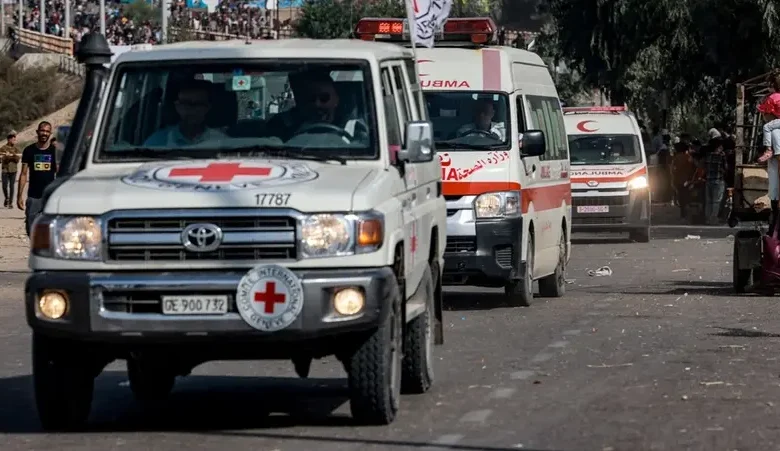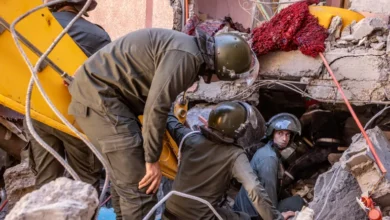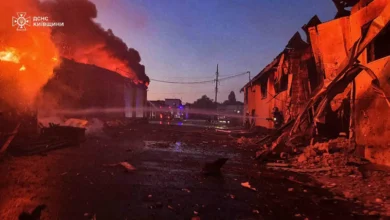Red Cross movement demands international law compliance

Amid stark warnings over disregard shown for the Geneva Conventions in conflicts worldwide, a major Red Cross conference demanded Thursday that states fully commit to the internationally-agreed laws of war.
The Red Cross Red Crescent International Conference — a forum that takes place every four years and brings together the world’s largest humanitarian network and representatives from nearly every government — determined that those laws also offer protections when it comes to malicious use of information technologies.
The four-day conference adopted several resolutions by consensus regarding respect for international humanitarian law (IHL), amid warnings from across the humanitarian community that respect for such laws has dropped sharply, with disastrous consequences on the ground.
In many of the more than 120 conflicts raging around the world, including in the Middle East, Sudan, Ukraine and Myanmar, there seems to be little effort to spare civilians.
“What we see are constant violations of international humanitarian law in a fast-rising number of compiling conflicts,” Mirjana Spoljaric, president of the International Committee of the Red Cross, told AFP last week.
“Better compliance with international humanitarian law… is urgently needed.”
Known as the laws of war, and enshrined in the Geneva Conventions, IHL consists of a set of rules that seek, for humanitarian reasons, to limit the effects of armed conflict, protecting civilians and civilian objects and imposing limits on the means and methods of warfare.
The conference agreed by consensus on the need for all states to build “a universal culture of compliance” with IHL, urging them to do more to foster compliance, and to integrate international law requirements into their military doctrine.
It also demanded that countries “refrain from encouraging, aiding or assisting IHL violations by other states”.
A second resolution meanwhile highlighted that international law extends to protections for civilians against risks posed by malicious use of information communications technologies (ICT) in conflict situations.
That resolution acknowledged that more analysis was needed to determine “how and when” the principles of IHL apply to new communications technologies.
But it stressed that parties to conflict must protect “civilian critical infrastructure… including the technical infrastructure essential to the general availability or integrity of the internet, including undersea cables and orbit communication networks”.
And it called on warring parties to “allow and facilitate impartial humanitarian activities during armed conflict, including those that rely on ICTs”.










